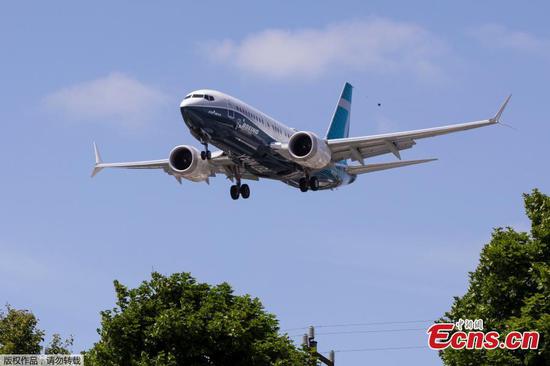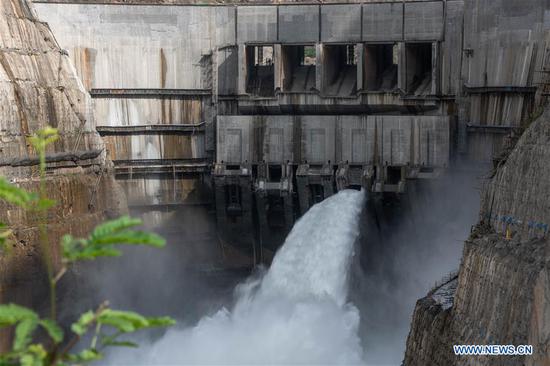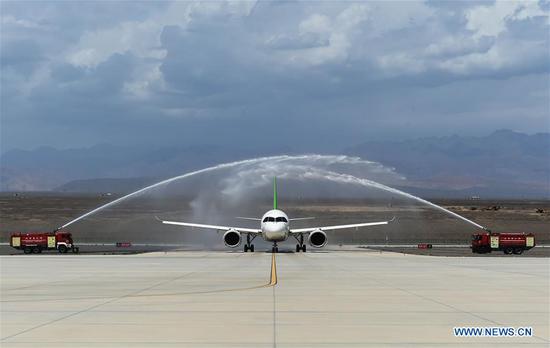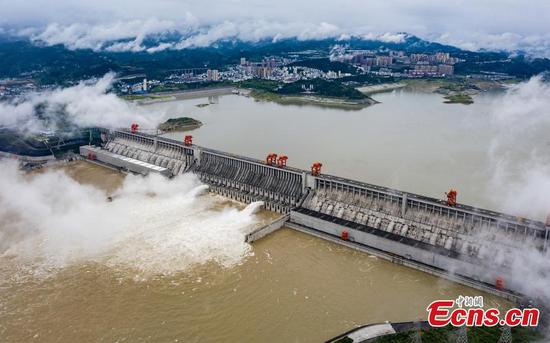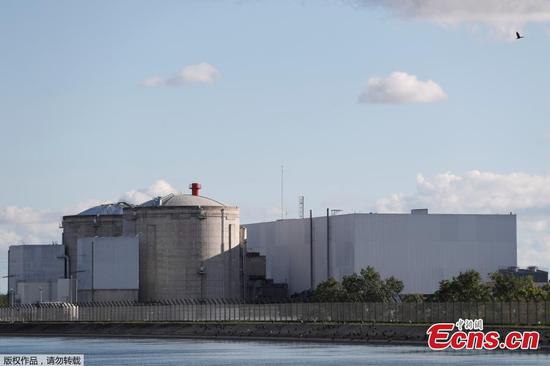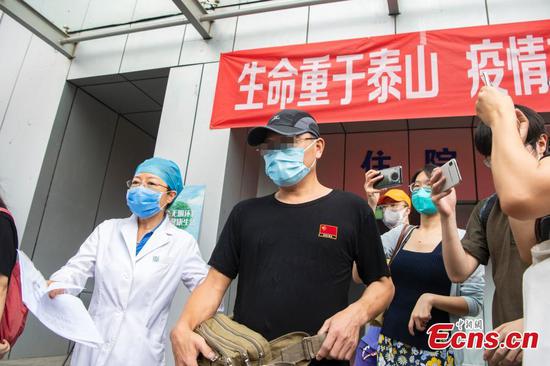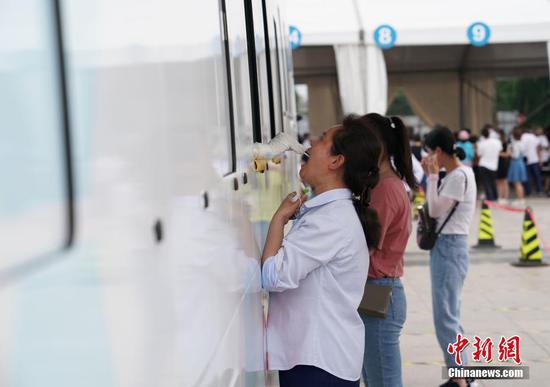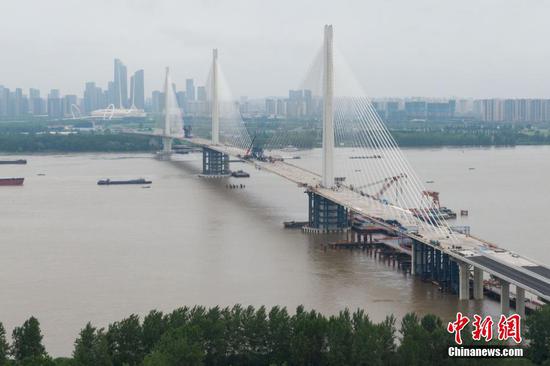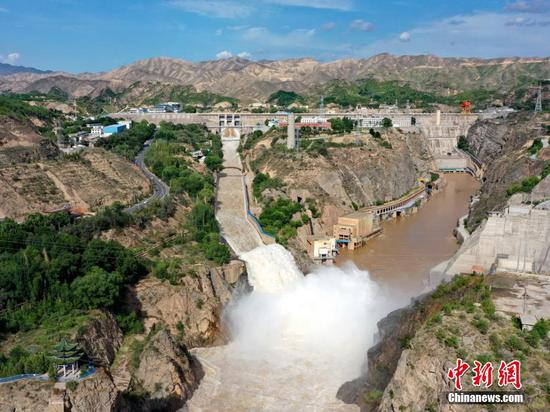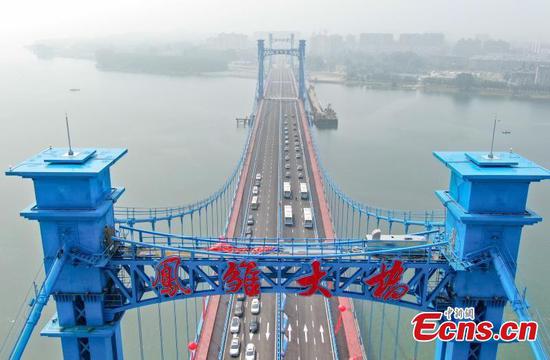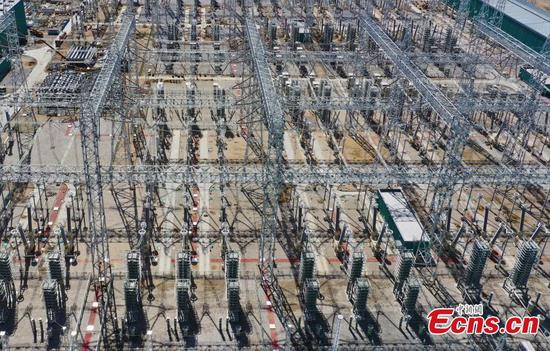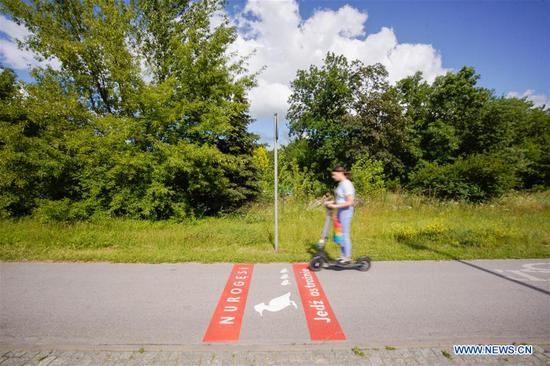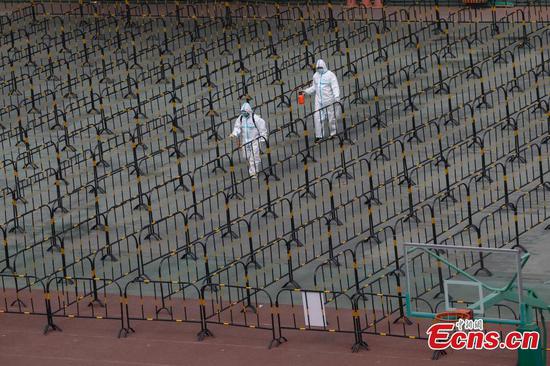The International Monetary Fund (IMF) on Tuesday revised down its forecast for the Asian economy amid the mounting COVID-19 fallout, projecting a 1.6-percent contraction in 2020.
The latest projection is a downgrade to the projection of zero growth in April's World Economic Outlook forecast, indicating stronger global headwinds as the pandemic's impacts continue to ripple throughout the world.
"Projections for 2020 have been revised down for most of the countries in the (Asian) region due to weaker global conditions and more protracted containment measures in several emerging economies," Chang Yong Rhee, director of the IMF's Asia and Pacific Department, wrote in a blog post.
Rhee noted that Asia's economic growth in the first quarter of 2020 was better than previously projected, partly owing to early stabilization of the virus in some countries.
In the absence of a second wave of infections and with an unprecedented policy stimulus to support the recovery, growth in Asia is projected to rebound strongly to 6.6 percent in 2021, according to Rhee.
"But even with this fast pickup in economic activity, output losses due to COVID-19 are likely to persist," he wrote.
The IMF projects Asia's economic output in 2022 to be about 5 percent lower compared with the level predicted before the crisis, and this gap "will be much larger" if China is excluded, where economic activities have already started to rebound, Rhee said.
The IMF official also noted that projections for 2021 and beyond assume a strong rebound in private demand, though there are "clouds on the horizon," which could undermine Asia's recovery.
Such "clouds" include slower growth in trade, longer than expected lockdowns, rising inequality, weak balance sheets and geopolitical tensions.
Noting that not all recent developments have been negative, Rhee said many Asian countries have been able to provide significant monetary and fiscal policy support -- often in the form of guarantees and loans to households and firms.
Additionally, lower oil prices and improved market sentiment and financial conditions are helping the recovery, he said, while adding that these factors "may not last."
"Asian countries are experimenting re-opening, and policies must be geared toward supporting the nascent recovery without exacerbating vulnerabilities," the IMF official said. "They must use fiscal stimulus wisely and complement it with economic reforms."
The priorities, he argued, include close coordination between monetary and fiscal policies, ensuring resources are reallocated appropriately, as well as addressing inequalities.













